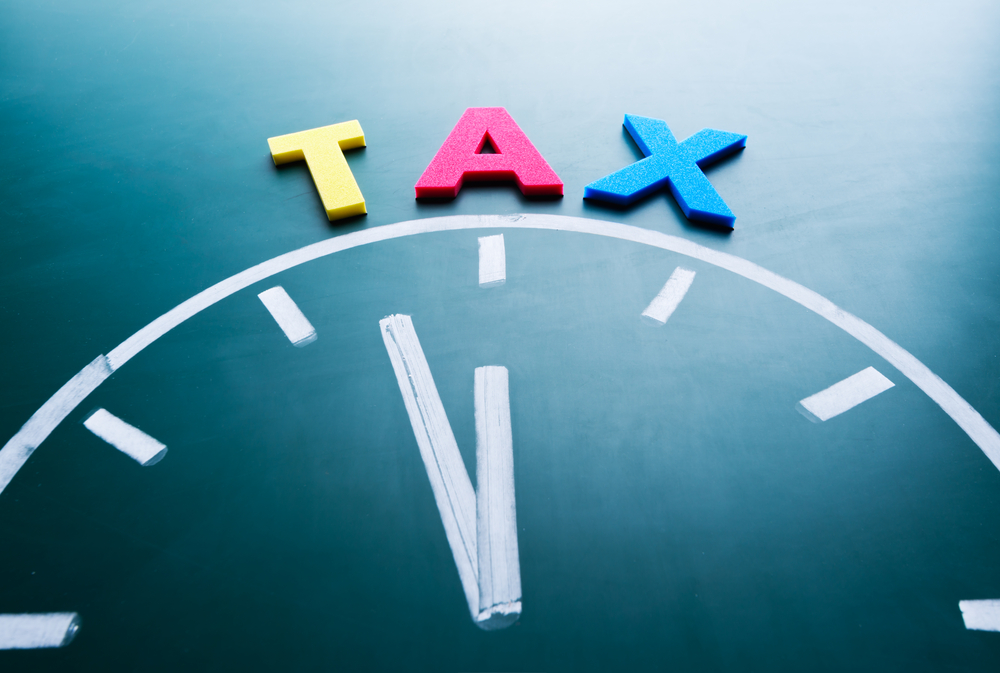
The average landlord would be £11,000 worse off if the Chancellor opts to increase capital gains tax rates in line with income tax rates, research by Quilter has found.
Rachel Reeves is believed to be considering the move as part of her first Budget on October 30, in a bid to help balance the books and plug a £22bn “black hole” in the public finances.
Capital Gains Tax receipts hit £14.4bn in 2022-23, according to HM Revenue & Customs figures, even before any possible hike in rates.
Most homeowners benefit from private residence relief meaning they are exempt from paying the tax when selling their main home.
But landlords and those selling second homes are liable to pay CGT on any gains. Basic rate taxpayers currently pay 18% CGT, while higher rate taxpayers are charged 24%.
However, if rates were aligned with income tax then a basic rate taxpayer would pay 20% CGT and a higher rate taxpayer would pay 40%.
Using Zoopla data on the average gains made from property sales in, Quilter looked at the potential CGT increases for landlords.
Quilter found that a higher rate taxpayer would pay an average £28,400 in CGT if the rate was increased in line with income tax to 40%.
That amounts to an increase of £11,360 compared to what they would pay at the current 24% rate of CGT.
A basic rate taxpayer would pay £14,200 on an average UK property gain if the rates go up as predicted, adding £1,420 to what they would pay under current rates.
Quilter tax and financial planning expert Shaun Moore says: “During Labour’s election campaign the party was tight-lipped on its plans surrounding CGT.
“While senior Labour figures were forthright in their conviction that the party would not raise national insurance or income tax, no one was willing to get drawn on what it might do to other taxes such as CGT.
“If plans such as aligning CGT with income tax rates do become a reality, then we could see some significant repercussions in the short and long term.
“ Unless anti-forestalling measures are announced with any plans then we could see a surge in property sales as homeowners rush to sell their second properties before new legislation comes into place.
“This could temporarily boost housing market activity, and many people will reconsider their property portfolios, potentially shifting their investments to other assets with more favourable tax treatments.
“The truth of the matter is though, at this point nothing has been announced and unless selling a second home or a buy-to-let is already part of your plan then making decisions based on what might happen is not sensible.”



